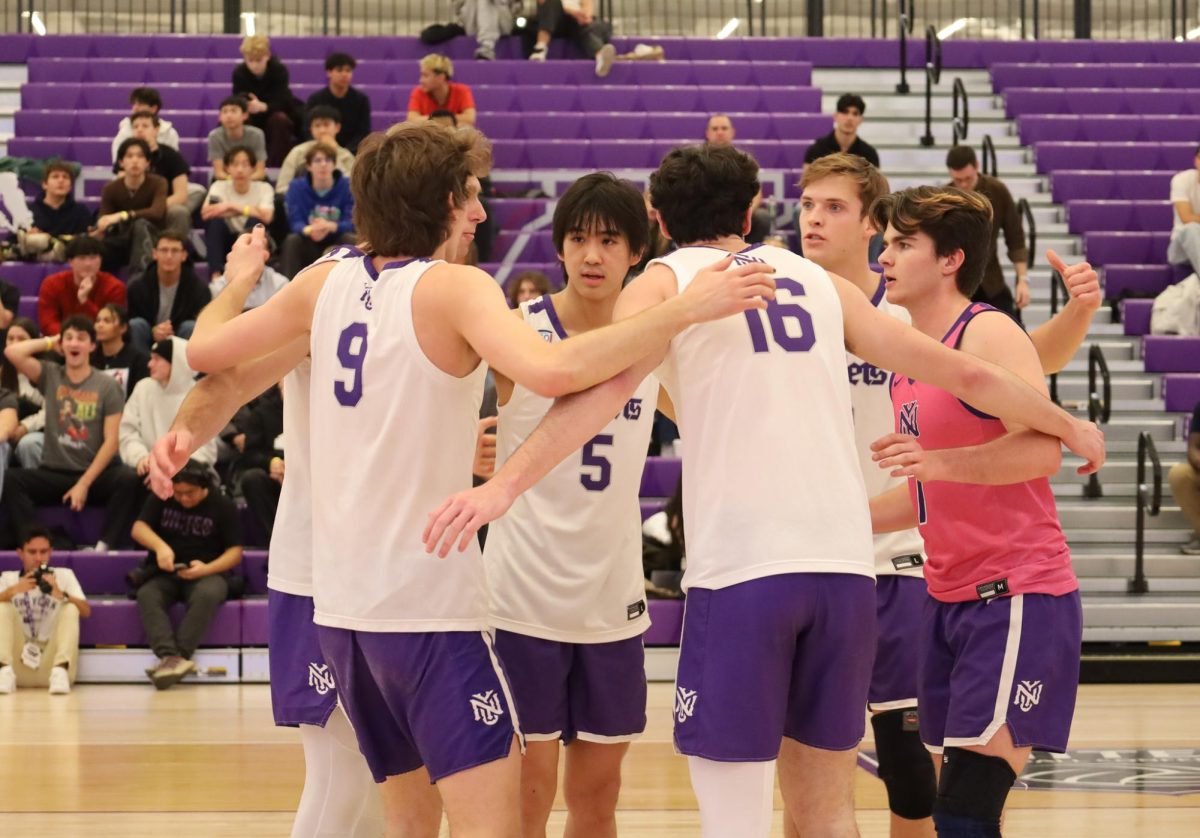While most first-year students are forced to seek out connections in classes and join clubs to meet their peers, committed athletes find themselves among an immediate support group — their sports team. From early morning practices to team dinners, athletes have a strong bond to rely on from the moment they step on campus.
Athletes on most fall sports teams move in a week early to begin preparation for the season and compete in preseason games. During this week, the typically bustling NYU campus has empty classrooms and vacant dorms.
“It was a little bit lonely at first, but we were so busy with practice, meetings and lifts that it didn’t matter,” first-year Lucas Fearn of the men’s soccer team said. “No one else was here, so we were forced to spend time with each other and it made us all closer as a whole.”
The athletes have built-in time together in their schedules throughout countless practices, lifts and team meetings. They also hold team bonding events outside of practices, such as dinners and game nights. Even though they have only known each other for a short time, athletes can find a family through their teammates.
“I’m glad I have the team because it’s a big change going from people that you’ve been in school with since you were middle school or elementary school to just a completely fresh start,” said first-year middle hitter Cade Miller on the men’s volleyball team. “I know I will always have a group of guys that I have something in common with.”
When recruiting, coaches find athletes who have similarities, making it easier to become friends on a deeper level. Teammates also share common goals and lifestyles with each other which is essential to building deeper bonds, like the ones Fearn expects to make on the soccer team.
“These are people who you share common interests with, and right away, all of us became like brothers,” Fearn said. “It’s kind of our version of a fraternity.”
In addition to the close friendships first-year athletes form with their fellow newcomers, older teammates add to the camaraderie they feel. A strong team leadership can provide a sense of reliability for newer athletes, as first-years come into a well-run program. Upperclassmen have gone through the same milestones and situations and can offer advice and act as a guide.
“Everyone needs people to rely on,” Fay Hong, a first-year on the golf team said. “My older teammates who had gone through the same problems I did allowed me to rely on them.”
Between the fast-paced streets of New York City, navigating through the atypical campus of NYU adds another level of stress for athletes. Despite not having the usual college landmarks like a football field or places to tailgate, athletes say the NYU athletics community is alive and well in facilities like the Paulson Center and Palladium Athletic Facility.
“New York City, it’s definitely a culture shock,” Hong said. “I had a little bit of whiplash, but I had an amazing group of friends. I had my posse, right? I always had support pillars.”
Moving to college is a universally daunting task. However, athletes say the strong bonds and support that they receive from their teammates makes the transition easier and provides them a sense of community.
“The guys [on the soccer team] are probably going to be my best friends for the next four years,” said Fearn.
Contact Francisco Pham at [email protected].
























































































































































